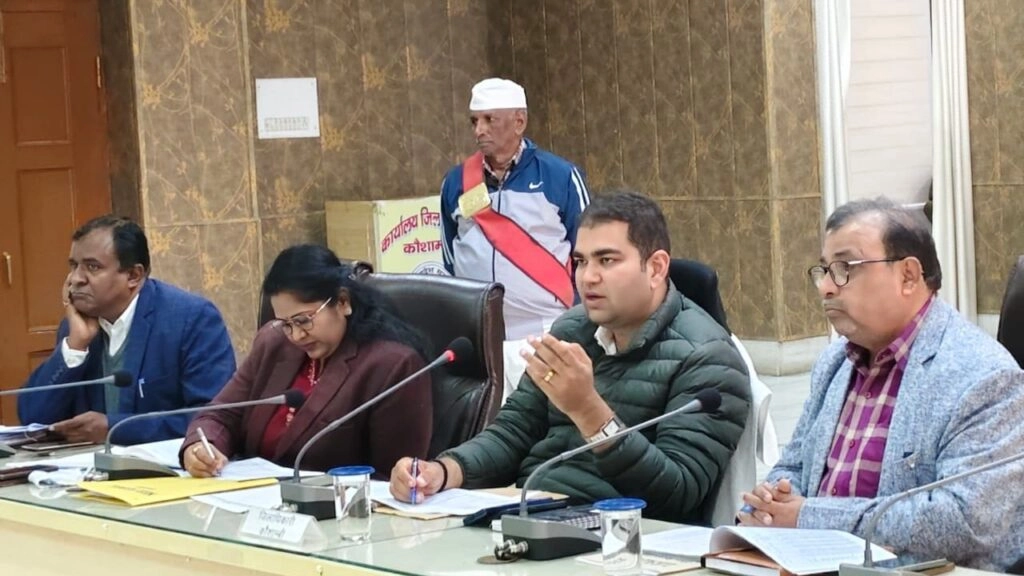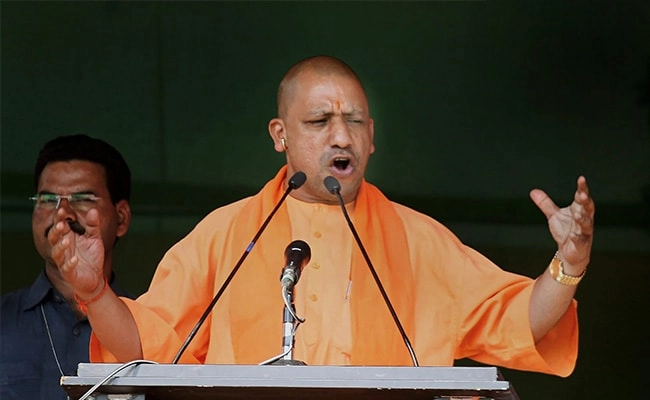In a tragic escalation of violence, a recent Israeli airstrike targeted a hospital in Gaza, resulting in the deaths of 20 individuals, including five journalists. The attack has drawn international condemnation and raised serious concerns regarding the safety of civilians and media personnel in conflict zones. Hospitals, often seen as sanctuaries for the wounded and vulnerable, have become battlegrounds in this ongoing crisis, highlighting the urgent need for a reevaluation of the rules of engagement in warfare.
The incident underscores the dire humanitarian situation in Gaza, where infrastructure has been severely compromised due to ongoing hostilities. Medical facilities, already strained by the influx of casualties, are now grappling with the threat of direct attacks. The loss of journalists, who play a critical role in documenting and reporting on the realities of conflict, further complicates the already precarious situation. This incident not only impacts those who were killed but also raises alarms about freedom of the press and the ability of journalists to operate safely in war-torn regions.
As global leaders call for accountability, the question of proportionality in military actions comes to the forefront. International humanitarian law mandates the protection of civilians and non-combatants during armed conflicts, and attacks on medical facilities are particularly egregious violations. The deaths of journalists in such strikes emphasize the need for greater protections for those tasked with reporting the truth in dangerous environments. In the wake of this tragedy, there is a growing demand for an independent investigation to ensure that those responsible for these attacks are held accountable and to prevent future occurrences.
The situation in Gaza continues to deteriorate as the cycle of violence perpetuates suffering among the civilian population. With each escalation, the humanitarian crisis deepens, prompting calls for immediate ceasefires and humanitarian aid access. The international community must respond to these urgent needs while also addressing the underlying political issues that fuel the conflict. As the world watches, the stories of those affected—be they civilians or journalists—serve as a somber reminder of the human cost of war.




